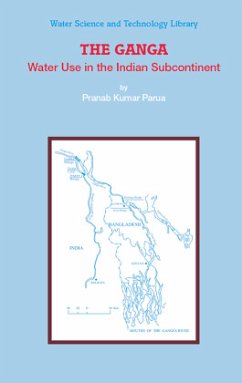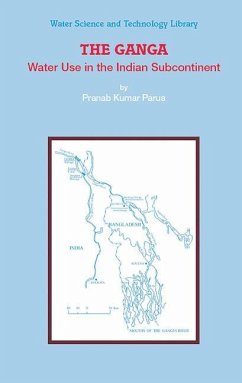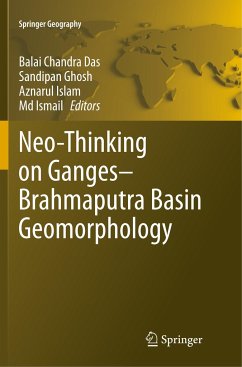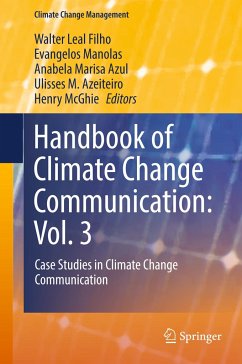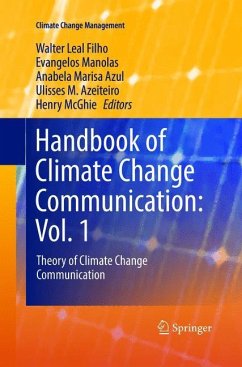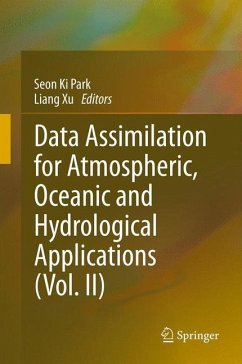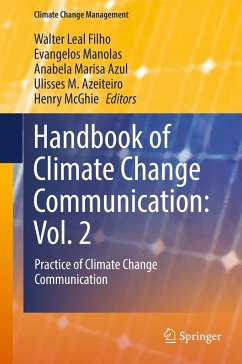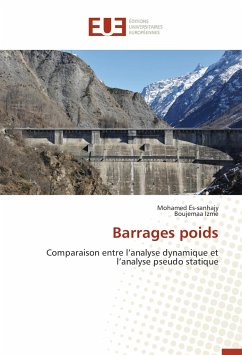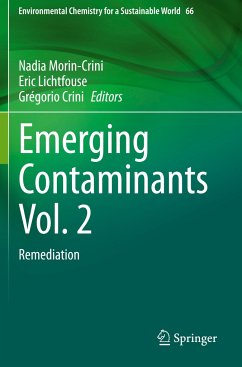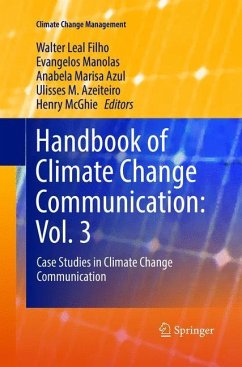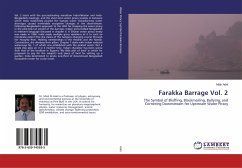
Farakka Barrage Vol. 2
The Symbol of Bluffing, Blackmailing, Bullying, and Cornering Downstream for Upstream Water Piracy
Versandkostenfrei!
Versandfertig in 6-10 Tagen
34,99 €
inkl. MwSt.

PAYBACK Punkte
17 °P sammeln!
Vol. 2 starts with the procrastinating marathon Indo-Pakistan and Indo-Bangladesh meetings, and the short-term water piracy treaties in between which India indefinitely pirated the Ganges water. Decades-long water shortages caused irreversible ecosystem changes in the downstream. Following Bangladesh's approach to the UNO for stopping the water piracy in the post-test-run period of the barrage, Indian press bullied Bangladesh in indecent language discussed in chapter 6. A 30-year water piracy treaty was made in 1996. India made multiple gross violations of it to such an inordinate extent that ...
Vol. 2 starts with the procrastinating marathon Indo-Pakistan and Indo-Bangladesh meetings, and the short-term water piracy treaties in between which India indefinitely pirated the Ganges water. Decades-long water shortages caused irreversible ecosystem changes in the downstream. Following Bangladesh's approach to the UNO for stopping the water piracy in the post-test-run period of the barrage, Indian press bullied Bangladesh in indecent language discussed in chapter 6. A 30-year water piracy treaty was made in 1996. India made multiple gross violations of it to such an inordinate extent that she claims of the Ganges's changing course through her Hooghly River. Holding memberships in the Helsinki and the Ramsar Conventions, she disobeys their pillars. Chapter 7 deals with Indian national waterways No. 1 of which was established with the pirated water. Not a single ship plies on it in 3 months' time. Indian character has been worse than that of the landlord in Togore's "My little plot of land" in which he proposed to pay for the subject's only piece of land for setting up a garden, India determined to pirate one-third of downstream Bangladesh ecosystem's water for cruise travel.



